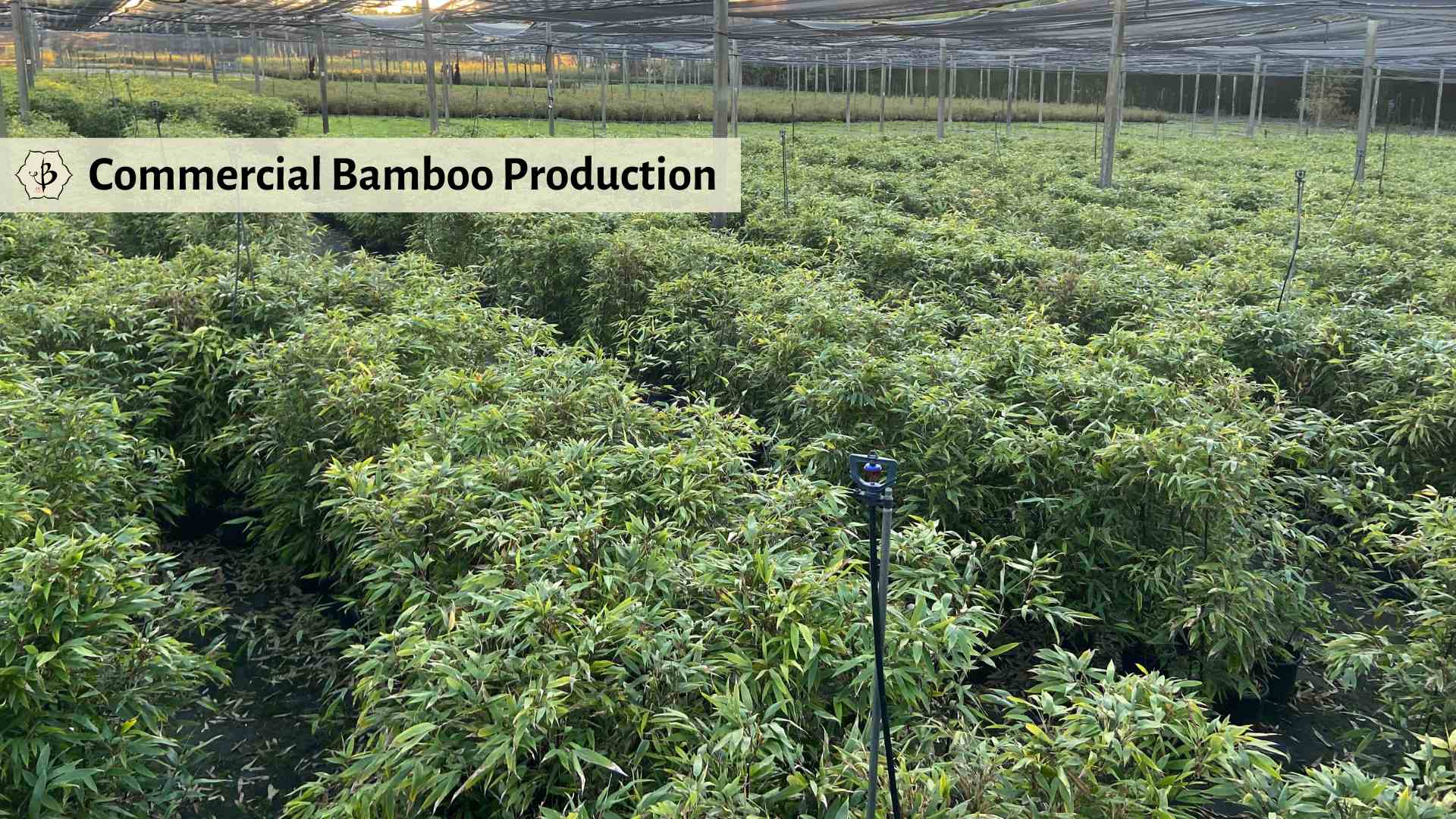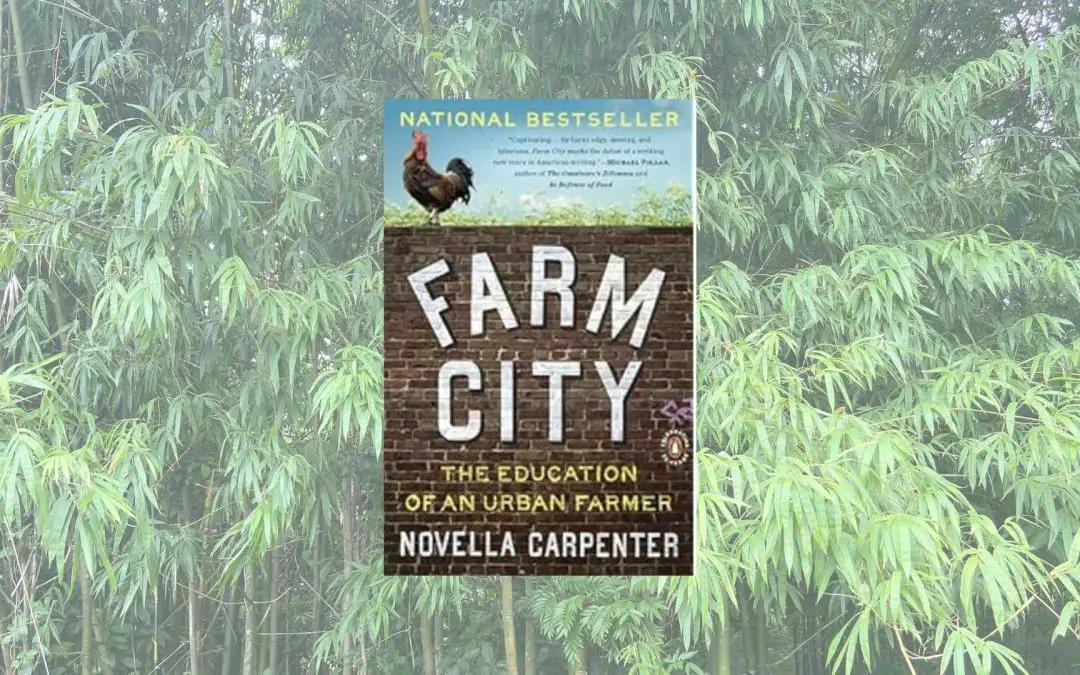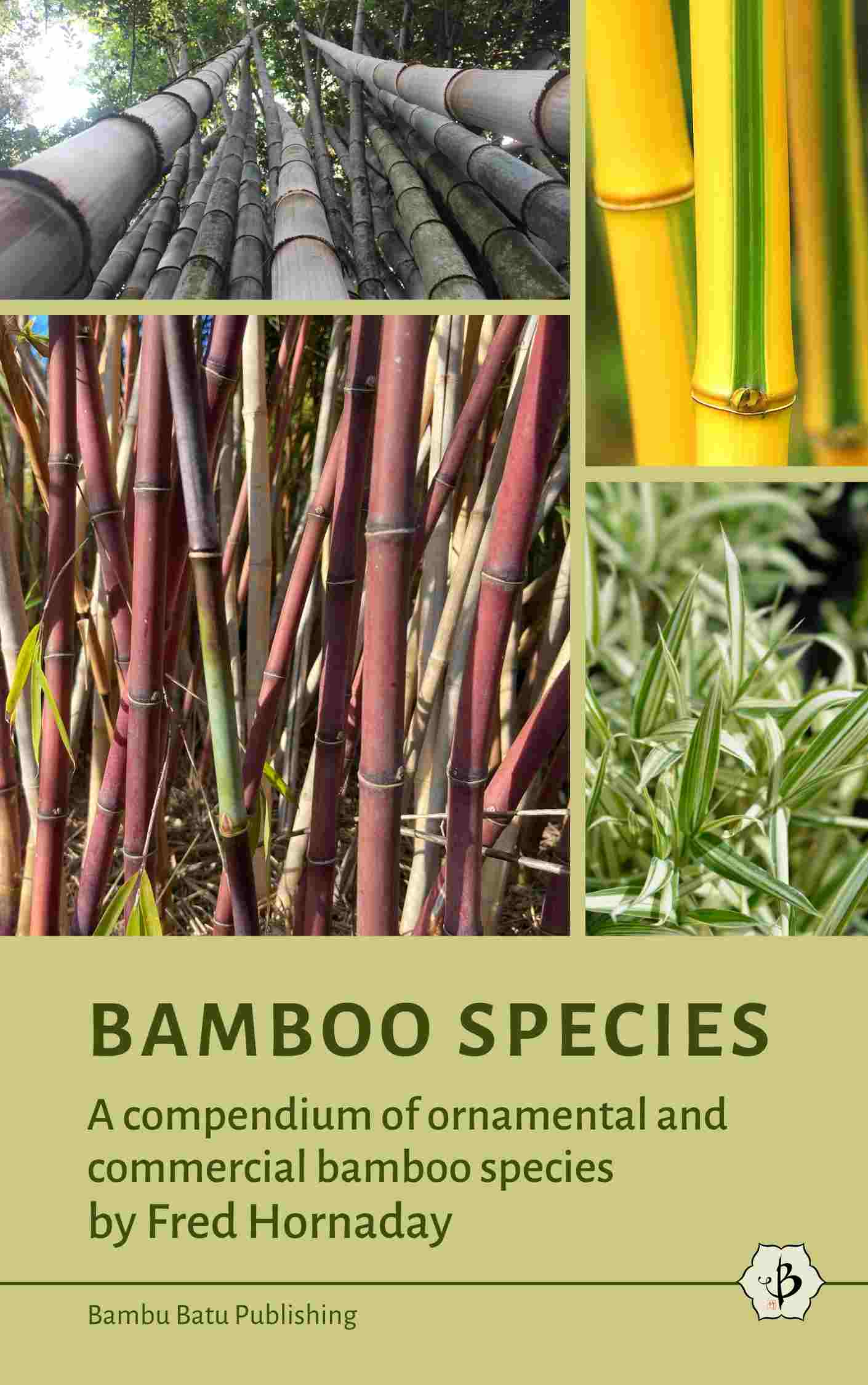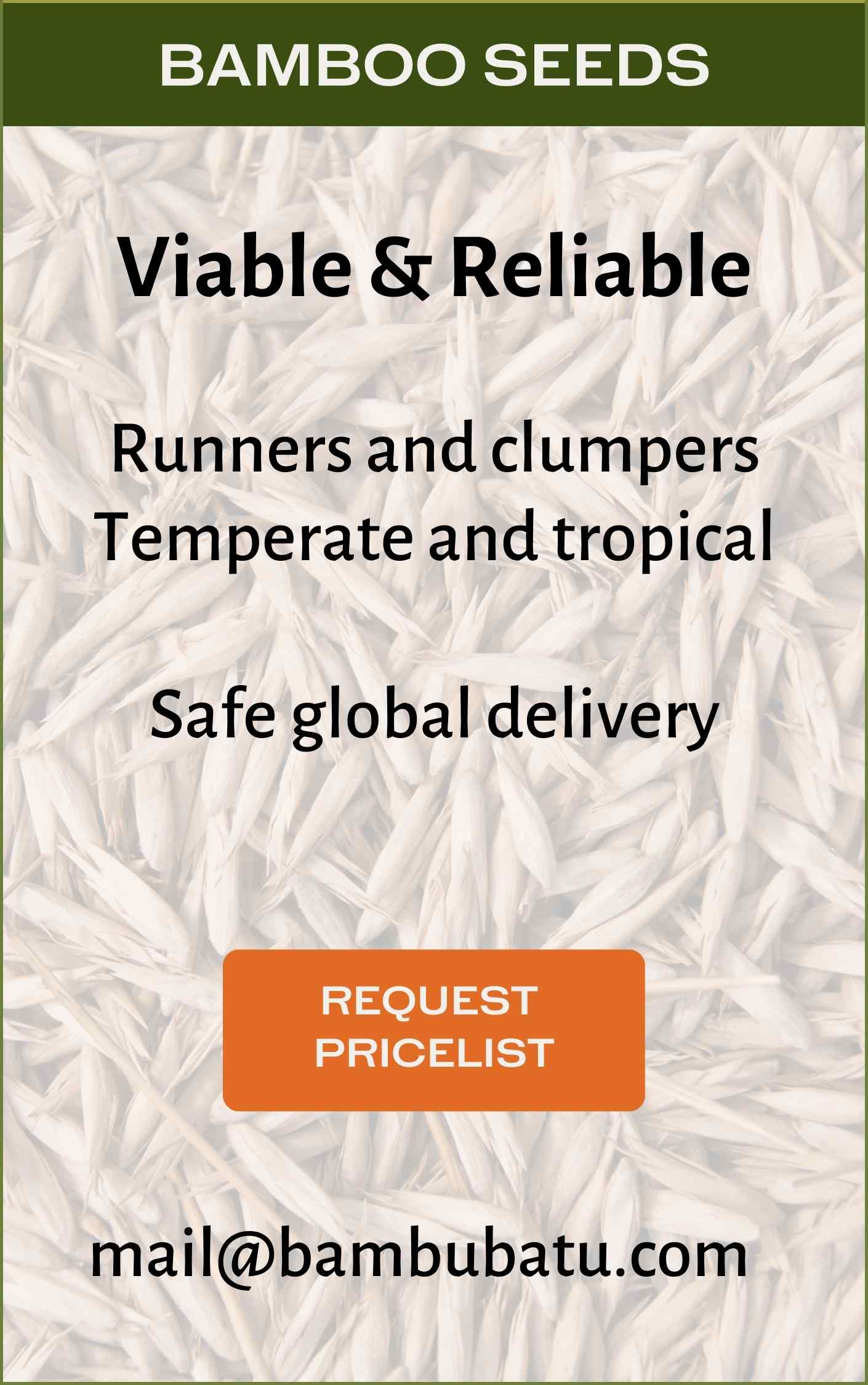NOTE: This article by Morgan Matus first appeared in June 2011, most recently updated in June 2024.
Whether you are a fan of organic farming, urban redevelopment, social justice, or just plain good writing, you will thoroughly enjoy Novella Carpenter’s Farm City. Detailing her move to the ghetto of Oakland and her adventures as an urban farmer, Novella writes with humor, candor, and lyricism that would impress any critic regardless of the topic.
Her chronicles of late-night dumpster dives to feed her pigs, rabbits and chickens, reflections on her complex and mixed emotions over killing and preparing animals she has raised and defended, and the character sketches of the people inhabiting her neighborhood are all extremely engaging. Carpenter’s work inspires conscious and deep reflection on how food is produced and appreciation for the effort and emotion required to put together a meal.
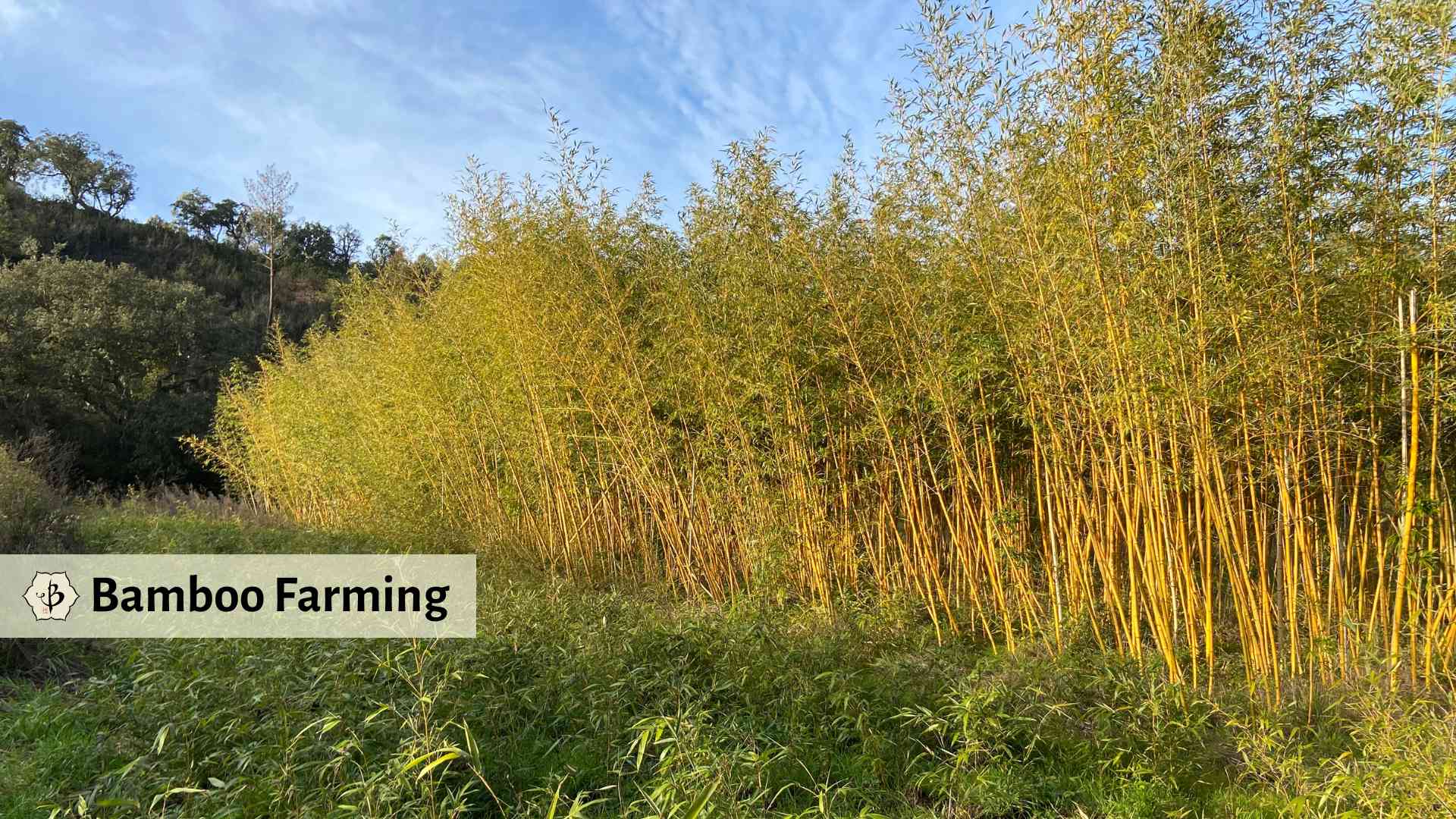
Before beginning Novella’s account of city crop cultivation, I wondered to myself about what kind of personality would be willing to move from idyllic Portland, Oregon to the concrete jungle. My preconceptions ranged from the Flighty Hippy and the Idealistic Environmentalist to the Anarchist Off-the-Grid Warrier and Starving Activist. Surprisingly, I found Carpenter as someone I would be delighted to have a close friend. Her passion for food and its connection to community and social justice is evident through her generosity. She shares her harvests with neighbors, inner-city literacy programs, friends, and anyone off the street interested in her garden.
Her sense of humor and clear-eyed observations of her neighborhood cut through any bucolic delusions of saving the world through a backyard vegetable plot. She acknowledges the hardships and squalor or Oakland’s gang and drug scene, poverty, and urban decay. Bleak profiles of city life are contrasted with impressions of nature trying to eke out an existence along with the inhabitants of the ghetto, stories of charity and potlucks, and self-effacing evaluations of her own personality. Carpenter is candid with her joys as well as her anger, frustrations and disappointments (see the story of her possum “murder” or vitriolic description of the woman who butchered her pigs). A lady who can raise her own food, learn to cure her own meat, dumpster-dive for scraps with a headlamp and brave the inner-city with grace and humor is someone I can respect.
Farm City is a fairly quick read, and a great choice for a summer book. Who knows, you may be inspired to catch your own swarm of bees, plant a rare breed of watermelon, or order poultry through the mail! I’m contemplating some raised veggie beds and a compost heap as we speak…
Let us know if you have any further book review suggestions!
